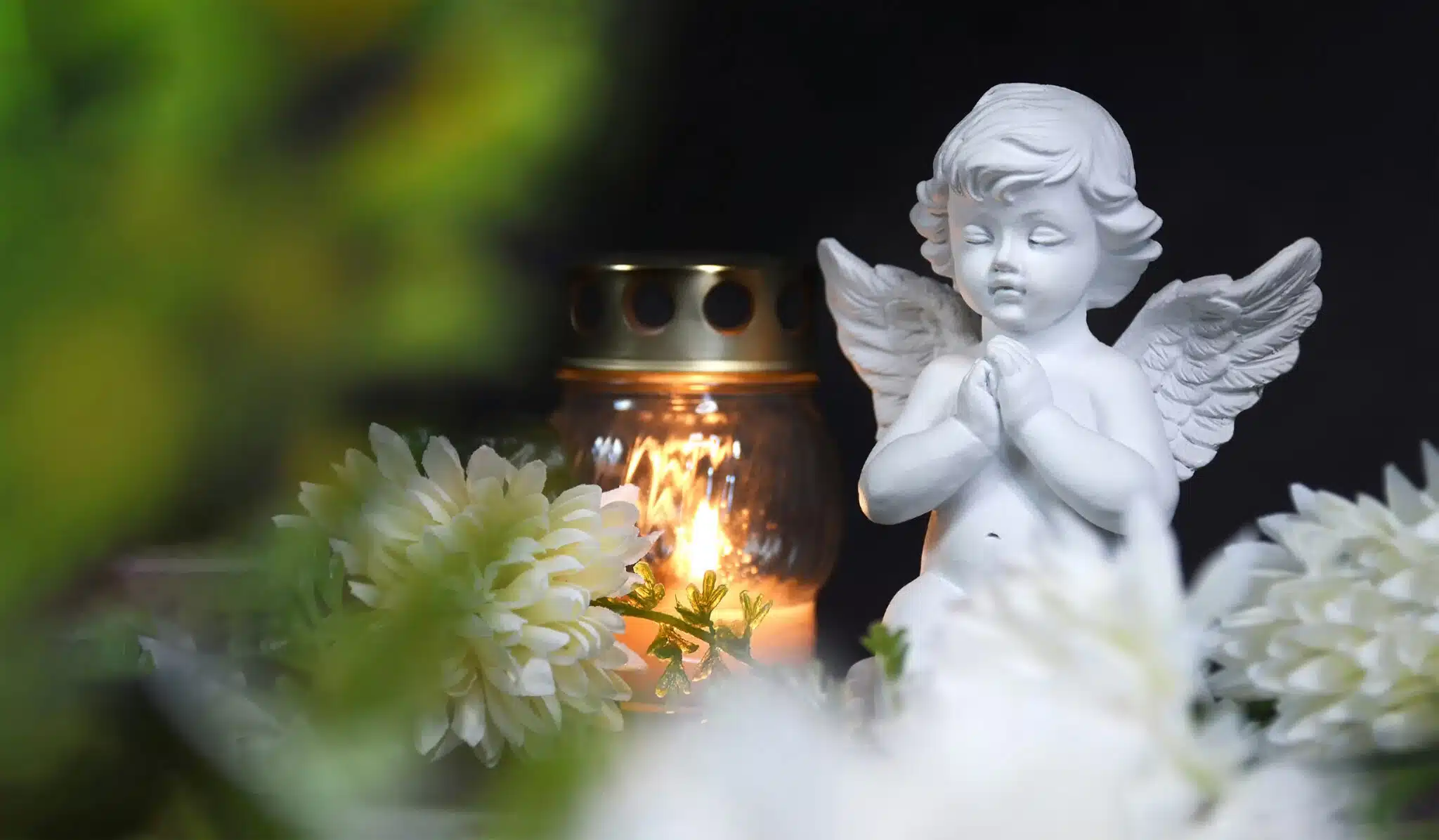Abortion in El Salvador Could be Legalized with this Case

Beatriz, a 22-year-old from El Salvador, was diagnosed with lupus in 2009. Her lupus had damaged her kidneys. In 2011, she became pregnant. Beatriz experienced complications with the pregnancy and delivered via C-section pre-term. She had had anemia, lupus, pneumonia and preeclampsia. The child had complications, as well, but eventually both mother and child were discharged from the hospital. Before leaving, the medical staff tried to convince her to be sterilized, saying that any future pregnancies would put her at high risk.
Come February 2013, and Beatriz is pregnant a second time. This time, she received the heartshattering news that her baby was anencephalic, meaning the child was developing with an incomplete skull and underdeveloped brain. This condition is very rare, and there is no cure for it. Children who are anencephalic typically do not live long after birth.
Abortion in El Salvador was illegal, though medical “professionals” urged Beatriz to get an abortion. They asserted her life was at risk.
Beatriz did not receive the abortion she requested. She gave birth to her second child via C-section, who died hours later due to being anencephalic. Beatriz herself sadly passed away 4 years later after a motor accident. Many pro-abortion sources say that Beatriz would have survived, that her body was weakened after the second C-section. They say that the accident was a minor one, and it was only due to her inability to have an abortion that she was “forced” to have a C-section, thereby weakening her body, thereby causing her death after a minor accident.
Now, her family’s case is being heard by the Inter-American Human Rights Court. Beatriz vs. El Salvador could mean that the total abortion ban in El Salvador is lifted. The dignity of the child is overlooked in favor of abortion rights activists’ agenda to allow abortion in all cases. Some feel that pro-lifers would rather see women like Beatriz suffer than to allow her a “necessary” abortion.
Quite the opposite. No honest Catholic pro-lifer ever called for the death of the mother, but for both mother and child to be cared for and protected, according to the dignity and personhood they both possess. They are both human, and they both deserve to be saved. Additionally, the Church also recognizes that there are complex health and personal situations that may make delaying having a child the wisest choice, and so it allows for the use of NFP in grave circumstances. Thus, women in grave circumstances are allowed to delay having a child in the first place.
This sort of case is all too familiar. In 2008, also in El Salvador, police executed a search warrant of the home of Maria Edis (Manuela). In the septic tank, they found the decomposing body of her newborn child, Dolores Gabriel. The child had died from asphyxiation due to being in the septic tank and hemorrhaging of the navel.
The day before, Manuela had gone to the hospital for bleeding. She had told her father that baby Dolores Gabriel was not her husband’s and that he was in the septic tank. Manuela’s mother told police that Manuela had had an abortion in her home and buried the child.
Pro-abortion organizations wasted no time in using this tragic and horrific case, twisting it to fit their narrative. If only abortion were legal in El Salvador, this would not have happened. Indeed. If abortion were legal, and had Manuela procured an abortion, Dolores Gabriel would have suffered the same fate – only within his mother’s womb. Just as with Beatriz, pro-abortion activists have used an unspeakably tragic loss as fuel.

Instead of twisting stories to fit an agenda, we should be looking at these women with great compassion and urge medical professionals to work harder to care for both mother and child. We should call upon society to provide better support for pregnant women, especially those experiencing a crisis pregnancy. We should look to the Virgin of Guadalupe for her protection and guidance in building a culture of life.


